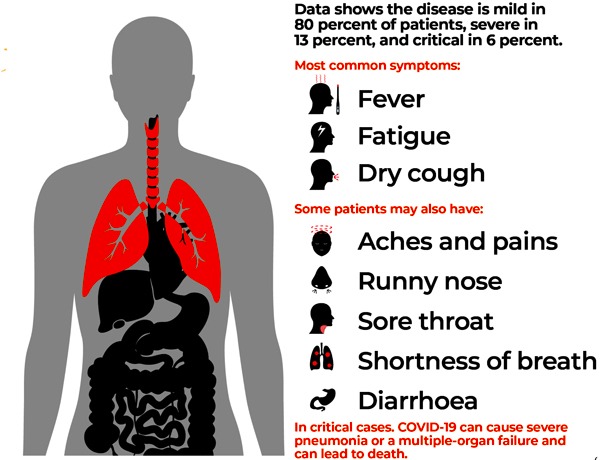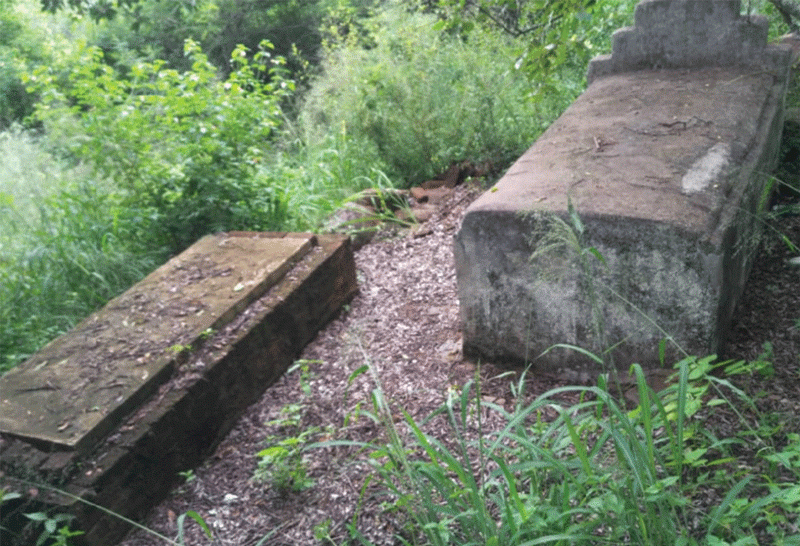
GOVERNMENT has been challenged to come clean on COVID-19 by disseminating correct information on the pandemic in Zimbabwe amid concerns that testing centres were only in Harare and Bulawayo, leaving the rest of the nation exposed.
BY SILAS NKALA/VENERANDA LANGA/MOSES MATENGA
The virus has killed one person so far, with five infections confirmed in the country.
The Zimbabwe Lawyers for Human Rights (ZLHR) in letter to Health and Child Care minister Obadiah Moyo dated March 24 said only Harare and Bulawayo have testing centres and that information provided by government was insufficient.
ZLHR executive director Roselyn Hanzi said the current “unusual situation” the country finds itself in can only be addressed through a co-ordinated national strategy.
“Can you provide further information on issues relating to the following, testing centres, indicators for testing, reaction time, inconclusive results as we have elaborated below? There is a need to establish satellite testing centres throughout the country. Currently, testing is restricted to Harare and Bulawayo and this poses challenges for those who may need to be tested, but live outside or far away from these cities. Ideally, testing facilities should be available across all 60 district hospitals. At the very least, due to resource constraints, testing kits should be available at all the 10 provincial hospitals,” the letter read.
She said testing facilities were not readily available to all those who may suspect that they have contracted the virus.
“There is a dire shortage of well-equipped and properly manned quarantine facilities. Currently, only Bulawayo and Harare have quarantine facilities and these cannot accommodate the whole country in the event that there is a major outbreak of the virus in the entire country.”
- Chamisa under fire over US$120K donation
- Mavhunga puts DeMbare into Chibuku quarterfinals
- Pension funds bet on Cabora Bassa oilfields
- Councils defy govt fire tender directive
Keep Reading
Hanzi also requested that more government controlled isolation or quarantine centres should be set up throughout the country.
Other civic society organisations said government was not doing enough on providing information amid suspicion that it was managing the real impact of the virus.
Africa has also been hit hard, with South Africa recording two deaths on Thursday while the number of those infected was now over 1 000.
Habakkuk Trust chief executive Dumisani Nkomo said government should use indigenous languages to disseminate information on COVID-19.
“The information should be availed in local languages through easily accessible communication media such as WhatsApp, posters, banners and hailers. This will be instrumental in averting the implosion of a nationwide coronavirus catastrophe just like in Italy and other countries,” Nkomo said.
“Snap surveys have been conducted in Bulawayo for the past three days. The organisation has observed worrying and disturbing trends that have the potential to escalate the likelihood of COVID-19 infections in communities.”
He said the community was relying on hearsay and social media.
Community Working Group on Health executive director Itai Rusike said during these trying times, there was need for continuous update to avoid panic.
“The current state of affairs requires constant updates and reassurance from health authorities to avoid panic and despondency among citizens,” Rusike said.
He said fake news and misinformation on social media was causing panic, fear and stigmatisation of people suspected to have the disease, hence the need for correct and unmassaged data from authorities.
The Zimbabwe Coalition of Debt and Development (Zimcodd) warned that Zimbabweans mistrust their government, even when it acts with noble intentions.
“There is a general mistrust in Zimbabwe emanating from misinformation on public media regarding the state of preparedness and management of public resources allocated towards fighting the pandemic — both tax and non-tax revenue including pledges and donations,” Zimcodd said in a statement.











